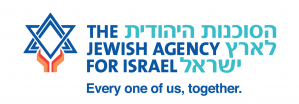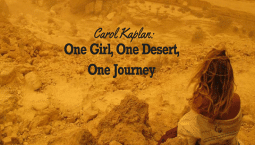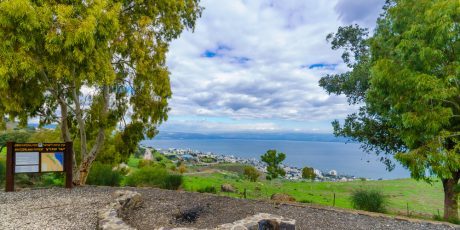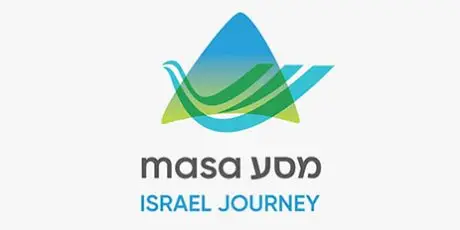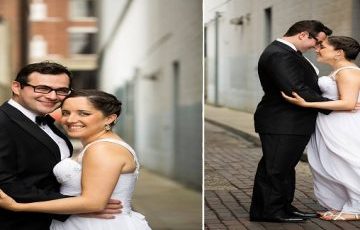By Chloe Newman, Masa Israel Teaching Fellow in Ashdod
My first [few] months here seemed a flurry of realizing how many small, everyday items I had taken for granted in Pittsburgh. Many small kitchen-wares (a proper spice collection being one very important one), some nicer clothing items, art supplies, some school supplies, and general household items were purchased before my first stipend arrived, halfway through the month. My bike was the most significant, and perhaps my best, purchase, and when I started exploring the country, I noticed I was again dishing out cash for travel expenses.
Although my spending was not so extravagant in retrospect, I was discouraged at the time, having to dip into my savings so much. I vowed that once the madness had normalized, I would have a plan, to live comfortably and reasonably on my stipend. Now that I feel I’m establishing my flow, the idea still seemed like a good one, so earlier this month, I finally started a reliable budgeting spreadsheet to effectively use my humble monthly stipend.
My plan:
40 NIS a day. ($10)

That’s on average, of course. Some days I don’t buy anything. And then you have a day, as I did this month, where I spent 100 NIS on contact solution for the rest of the program. You can’t buy everything for ten bucks or less…but, it’s certainly helped me a LOT in putting my purchases into perspective. Even just having some quick notes on what else I’ve bought in the previous weeks helps me make decisions about what purchases make sense.
This list may not be interesting to the folks outside this program, but here’s what I feel has helped the most (and if you want, just skip to the bottom for more self-reflection on consumerism):
– I rarely buy clothing or beauty care products. If I want to wear something new, I kindly ask one of the lovely ladies in my apartment if they would share, and in return, I offer my…spices…and uh, cooking, I think. It works, okay? They’re nice.
– I buy almost all of my fresh groceries once a week, when the shuk is open. I ride my bike there after school, with only my backpack and some limited handlebar space for carrying my purchases. I generally already know what I want to buy before I arrive, but I’m open to switching out something for a new fruit or veggie that’s come into season. This prevents me from impulse purchases, and from buying more than I can eat before it spoils. Usually, my total is around 20 NIS.

– I don’t buy lots of processed food or snacks. Mostly whole ingredients to make something delicious out of: produce, legumes, grains, nuts, oils, sauces and spices…and humus and fresh-baked pita. The grocery-store humus is probably the most processed thing I eat, here.
-I visit the grocery store once every week or two for any other pantry items, but I do my best to be creative with what I’ve already got on hand. I’ve found that restaurants in Ashdod are…okay…but I love to cook, so I do that during the week. I prefer to save my going-out money for a weekend treat meal in Tel-Aviv (where the vegan options roam wild and free).
– On the note of traveling, I bring some food and snacks with me. Usually, a friend is hosting me, so I can bring ingredients to cook my own meals (and/or cook for them), or buy cheap groceries once I’m there for the weekend.
– I don’t buy drinks at bars. I won’t be fooled anymore. It’s just ridiculous. You can buy three bottles of wine at the grocery store for the same price of one, teeny tiny beer, which I don’t even like. Wine forever.
I don’t consider this being too frugal. I don’t feel my fun or my experiences here inhibited by my budgeting. I feel it prioritizes what’s important to me (mostly travel, healthy, tasty food, and art) and lets me worry less about spending on things I really don’t want or need. Ever since I packed my three bags to come live here, I’ve been enjoying the liberation of living on less, and I’m looking forward to experimenting further with how my time here can impact my level of consumerism in the future.
Originally published on Chloe’s blog.


